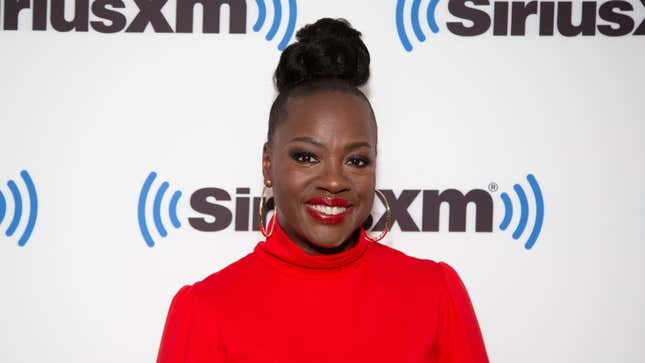
Viola Davis and her husband and producing partner Julius Tennon are responding after online criticism about the historical accuracy in The Woman King began creeping up over the weekend.
Much of the chatter stems from a handful of folks who felt that the film minimized or barely scratched the surface of the Dahomey Kingdom’s involvement in the slave trade. Per Britannica, the Dahomey’s did, in fact, sell their captives from war to European slavers. They also kept some of them around to work in fields and plantations in their homeland.
In the film itself, however, this fact is addressed on numerous fronts with Davis’ fictional character Nanisca serving as a sort of moral compass, by which she challenges whether or not keeping other Africans as slaves—and essentially subjecting them to similar horrors, just like the savage Europeans—makes them any better.
Despite that, the hashtag #BoycottWomanKing began making the rounds on Twitter during opening weekend for the film. And when Variety asked how she felt about that, as well as the mounting criticism, Davis responded: “First of all, I agree with Gina Prince-Bythewood’s saying is you’re not going to win an argument on Twitter. We entered the story where the kingdom was in flux, at a crossroads. They were looking to find some way to keep their civilization and kingdom alive. It wasn’t until the late 1800s that they were decimated. Most of the story is fictionalized. It has to be.”
She later added, “Part of the story that hit me as an artist was these women were unwanted. They were recruited between the ages of eight and 14. They were the women who were not considered desirable. No one wanted to marry them. They were unruly. They were recruited by the King to fight for the kingdom of Dahomey. They were not allowed to marry or have children. The ones who refused the call were beheaded. That’s also a part of the story. People really are being emotionally shifted. I saw a TikTok video today of women in a bathroom of an AMC theater, and I don’t think they knew each other. They were all chanting and ruminating. That cannot be quantified by words.”
Tennon also expressed his thoughts on the matter, explaining:
“We are now what we call ‘edu-tainment.’ It’s history but we have to take license. We have to entertain people. If we just told a history lesson, which we very well could have, that would be a documentary. Unfortunately, people wouldn’t be in the theaters doing the same thing we saw this weekend. We didn’t want to shy away from the truth. The history is massive and there are truths on that that are there. If people want to learn more, they can investigate more.”
The Woman King is out in theaters everywhere now.

